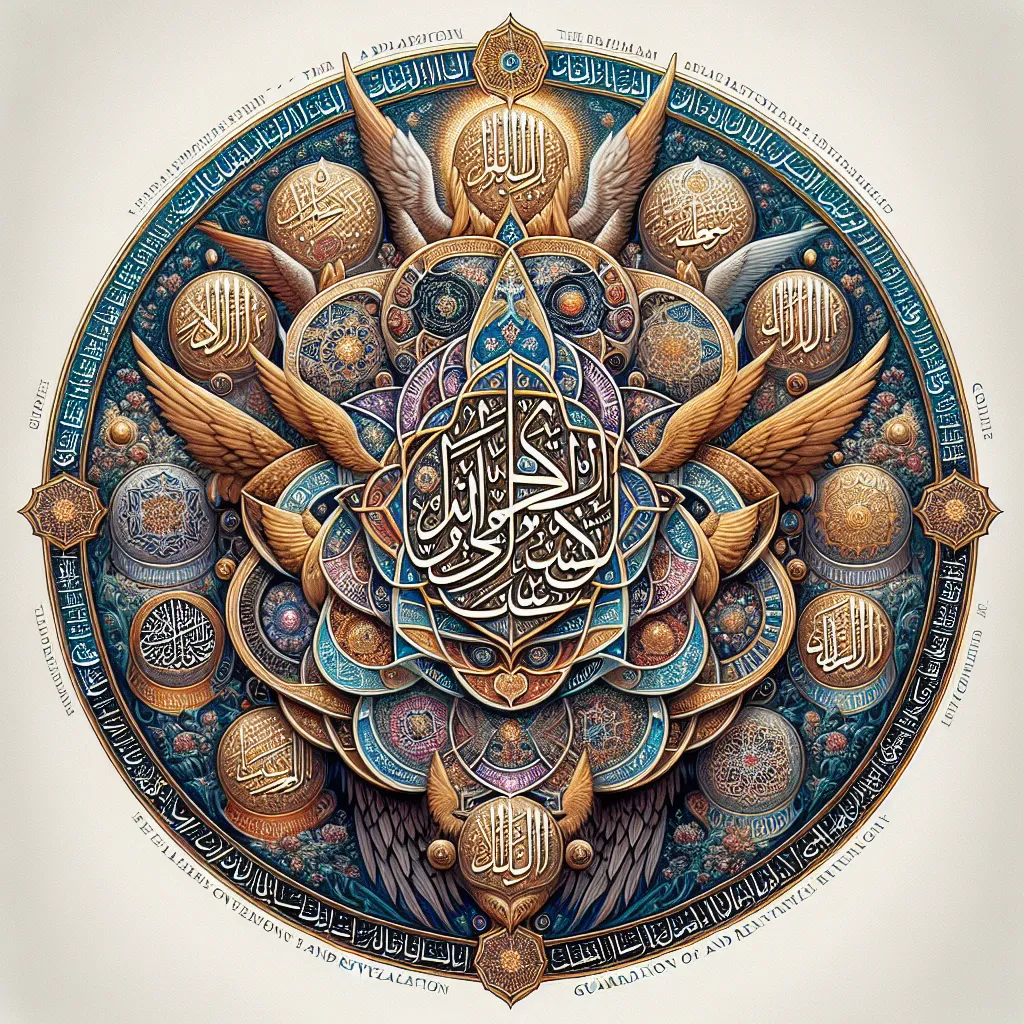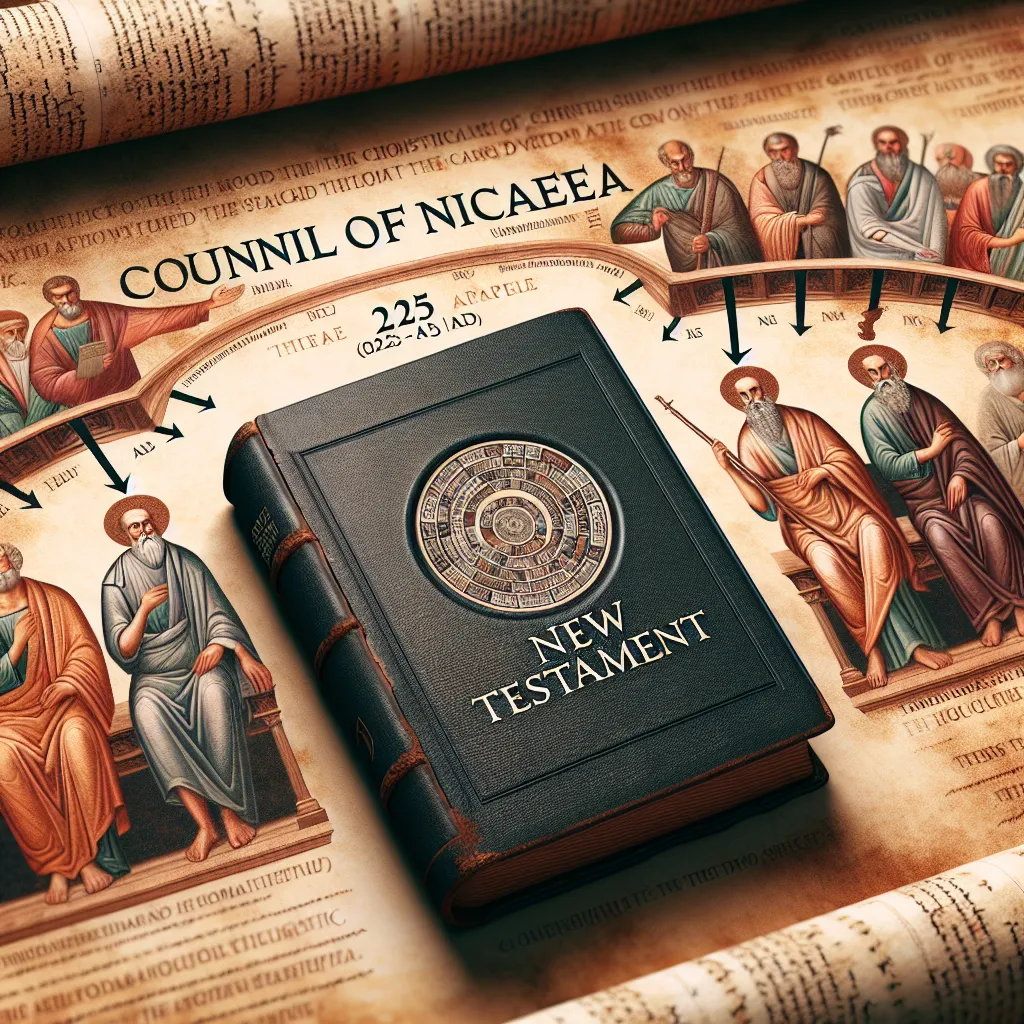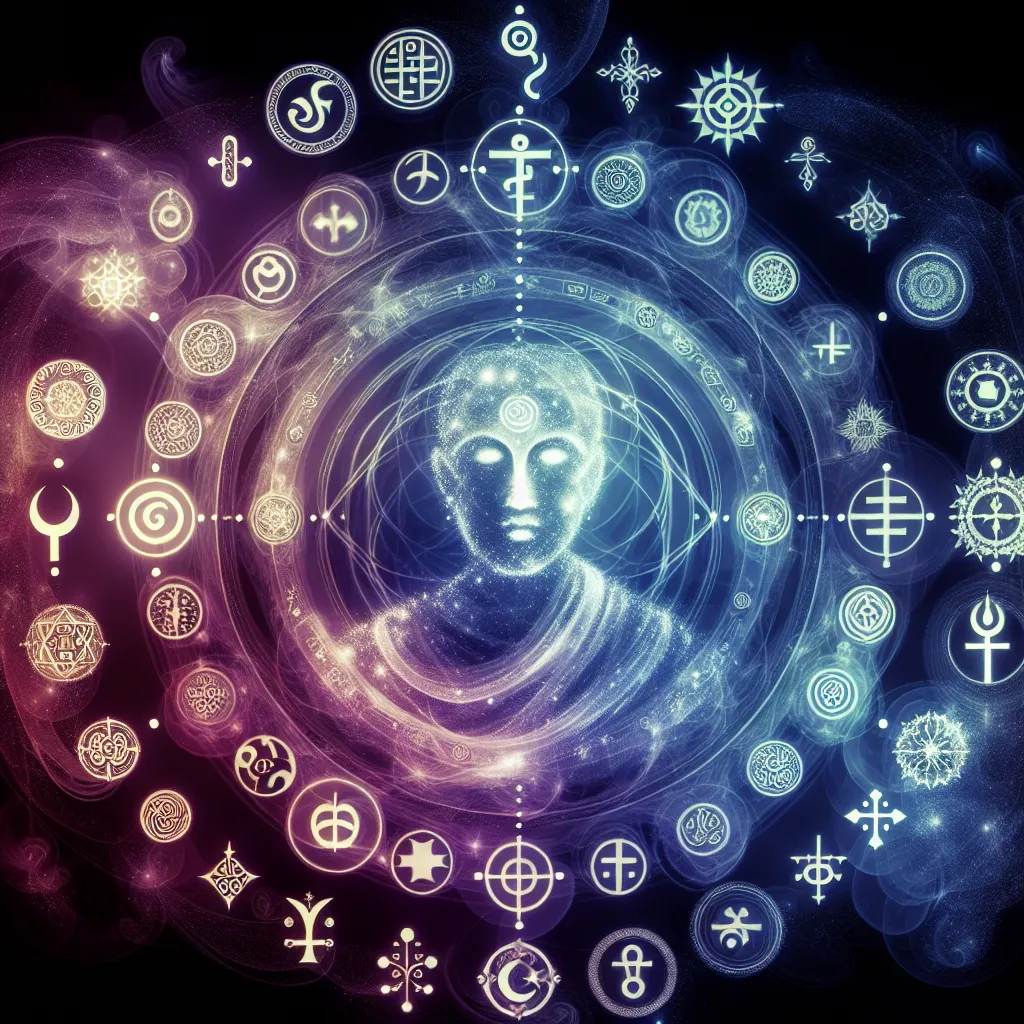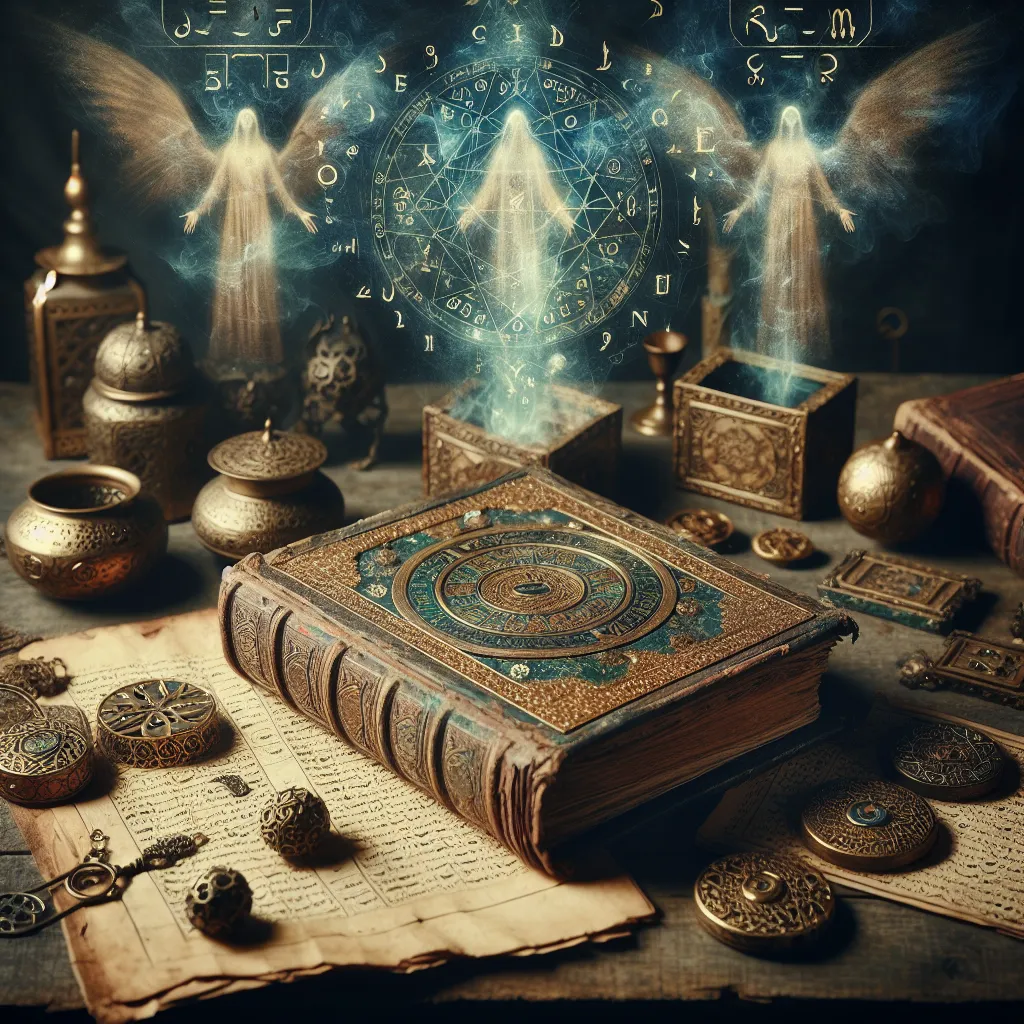Turning an object into a talisman in Islamic tradition often involves inscribing it with sacred names. The primary name used is “Allah,” but other divine names like “the Merciful” or “the One” are also common. If not God’s names, people might choose the names of angels like Jibreel or Mikail. Names of prophets such as Muhammad, Moses, or Solomon are also popular.
For many Shiites, the names of imams, the spiritual successors to Prophet Muhammad, are significant. Another widespread practice is writing the Shahada, the Muslim declaration of faith, which states, “There is no God but God.”
Direct verses from the Quran, especially those believed to hold special power like the Ayat al-Kursi, or the Throne Verse, are frequently used. Essentially, talismans in this context involve a lot of sacred writing, each inscribed word thought to bring spiritual protection and blessings.






